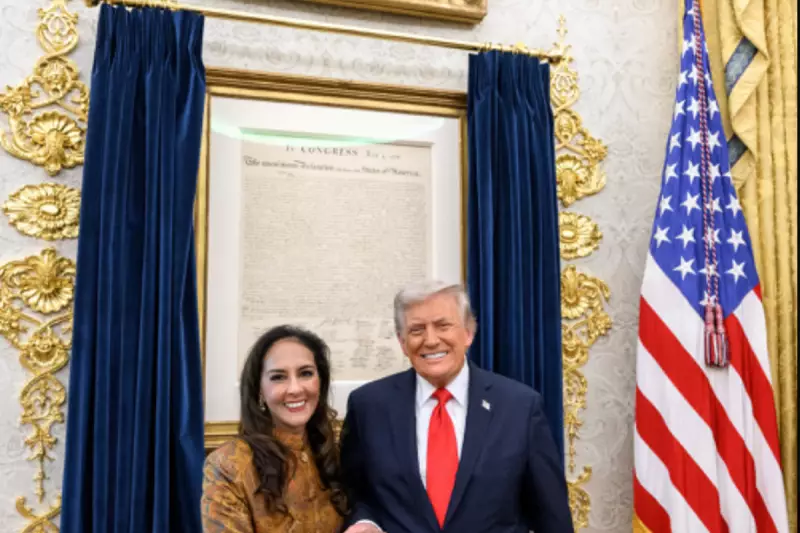
In a startling legal argument that has raised eyebrows across the political spectrum, one of Donald Trump's attorneys has made the controversial claim that the Declaration of Independence holds greater authority than the US Constitution.
Alina Habba, who represents the former president in multiple cases, asserted during a television interview that the Declaration "overrides" the Constitution - a statement that has drawn sharp criticism from constitutional scholars and legal experts.
Constitutional Experts Push Back
Legal historians were quick to challenge Habba's interpretation, pointing out that while the Declaration of Independence serves as a foundational philosophical document declaring independence from Britain, the Constitution is the actual framework that establishes America's system of government and laws.
"This represents a fundamental misunderstanding of American legal hierarchy," explained Professor Lawrence Tribe of Harvard Law School. "The Constitution is the supreme law of the land, not the Declaration."
Context of Controversial Comments
Habba's remarks emerged during discussions about various legal challenges facing the former president. Her argument appeared to suggest that the Declaration's broader philosophical principles could somehow invalidate constitutional provisions - a position that legal experts say has no basis in American jurisprudence.
The comments come at a time when Trump and his allies are facing multiple legal battles, including investigations into the handling of classified documents and efforts to overturn the 2020 election results.
Historical Perspective
Constitutional scholars emphasize that while both documents are crucial to understanding American democracy, they serve distinctly different purposes:
- The Declaration of Independence (1776) announced separation from British rule and outlined philosophical justification
- The Constitution (1787) established the actual framework of government and remains the supreme law
- No court in US history has treated the Declaration as overriding constitutional provisions
Legal experts warn that such misinterpretations of basic constitutional principles could have concerning implications for the rule of law and democratic institutions.





